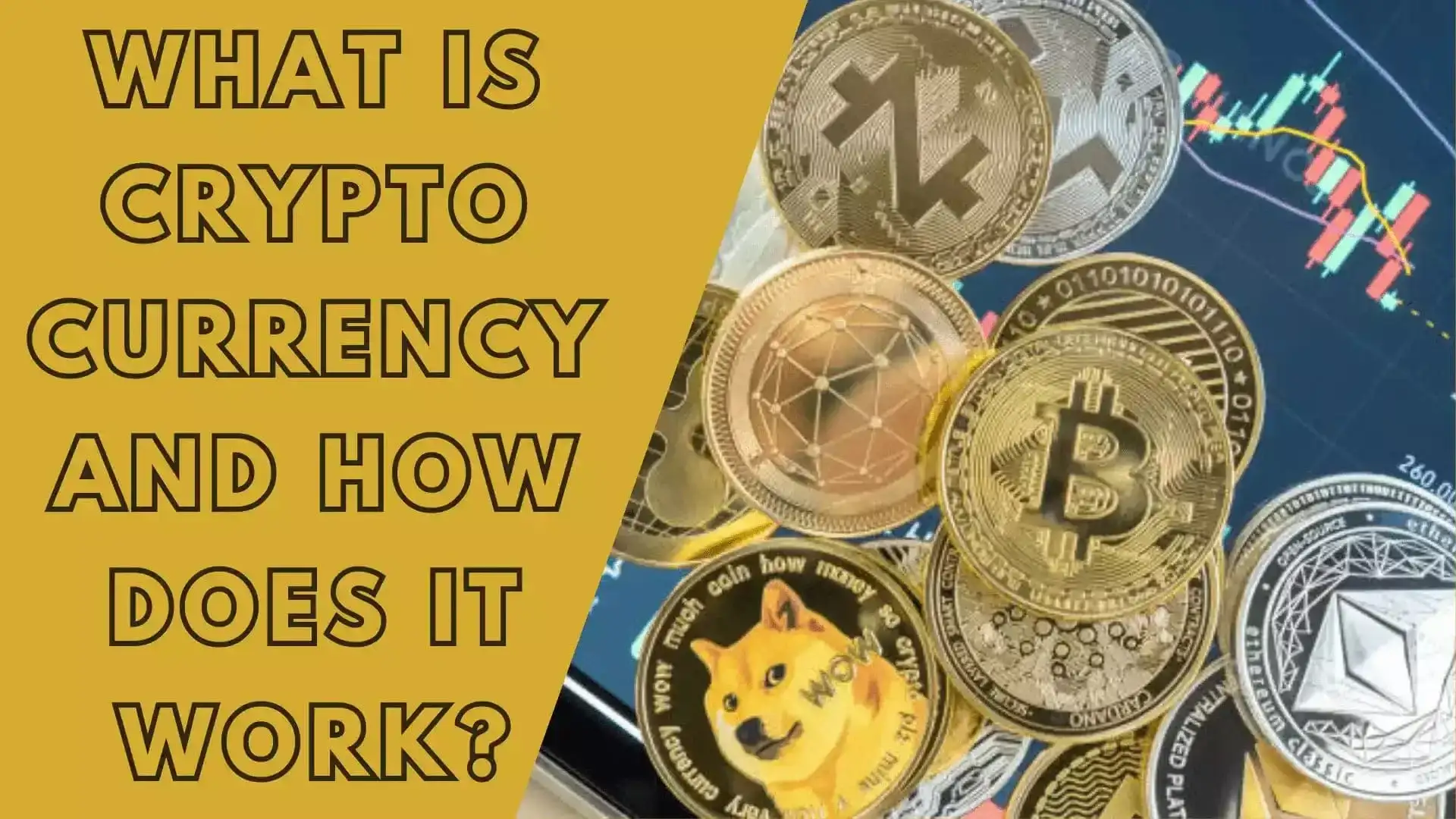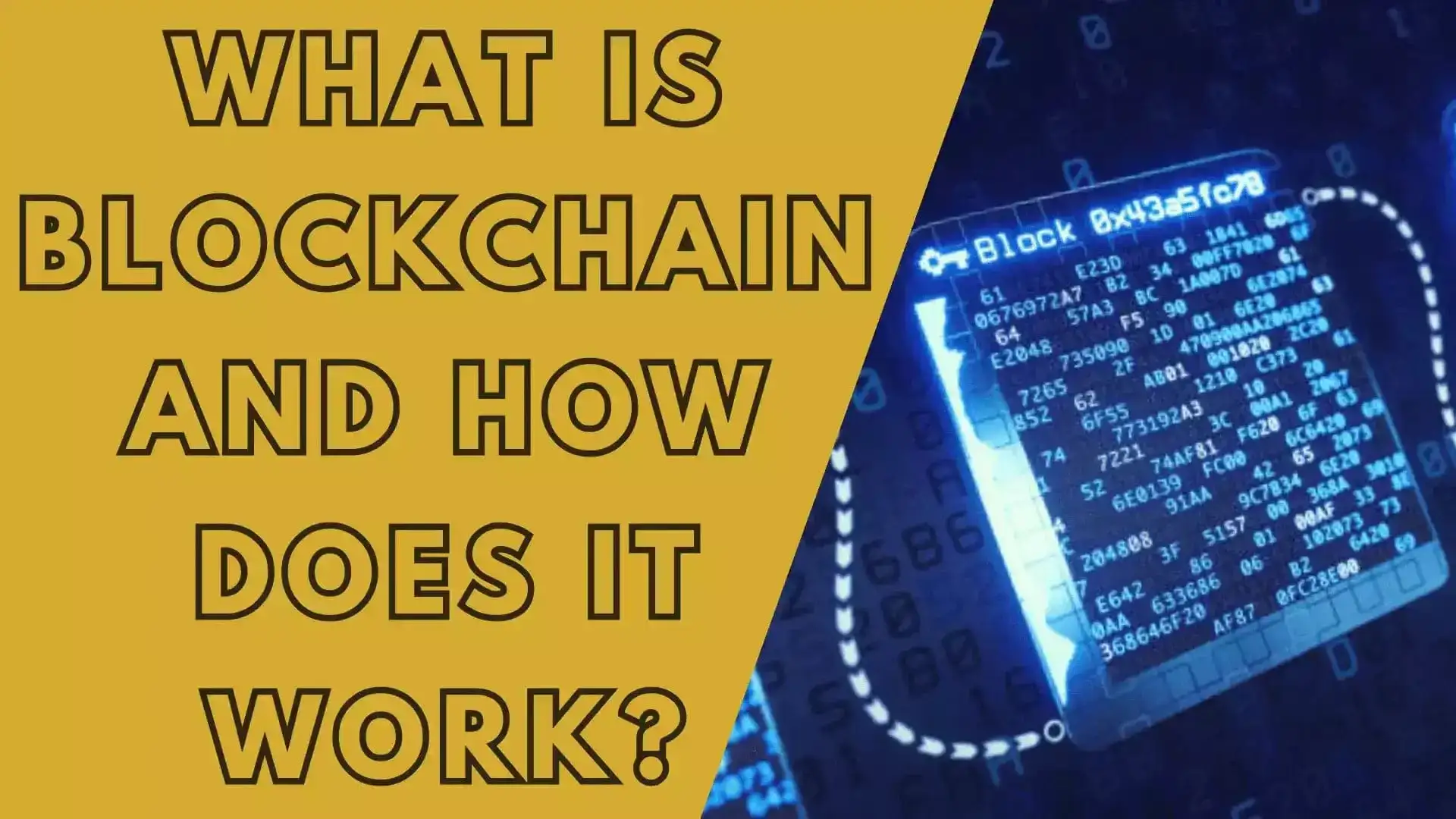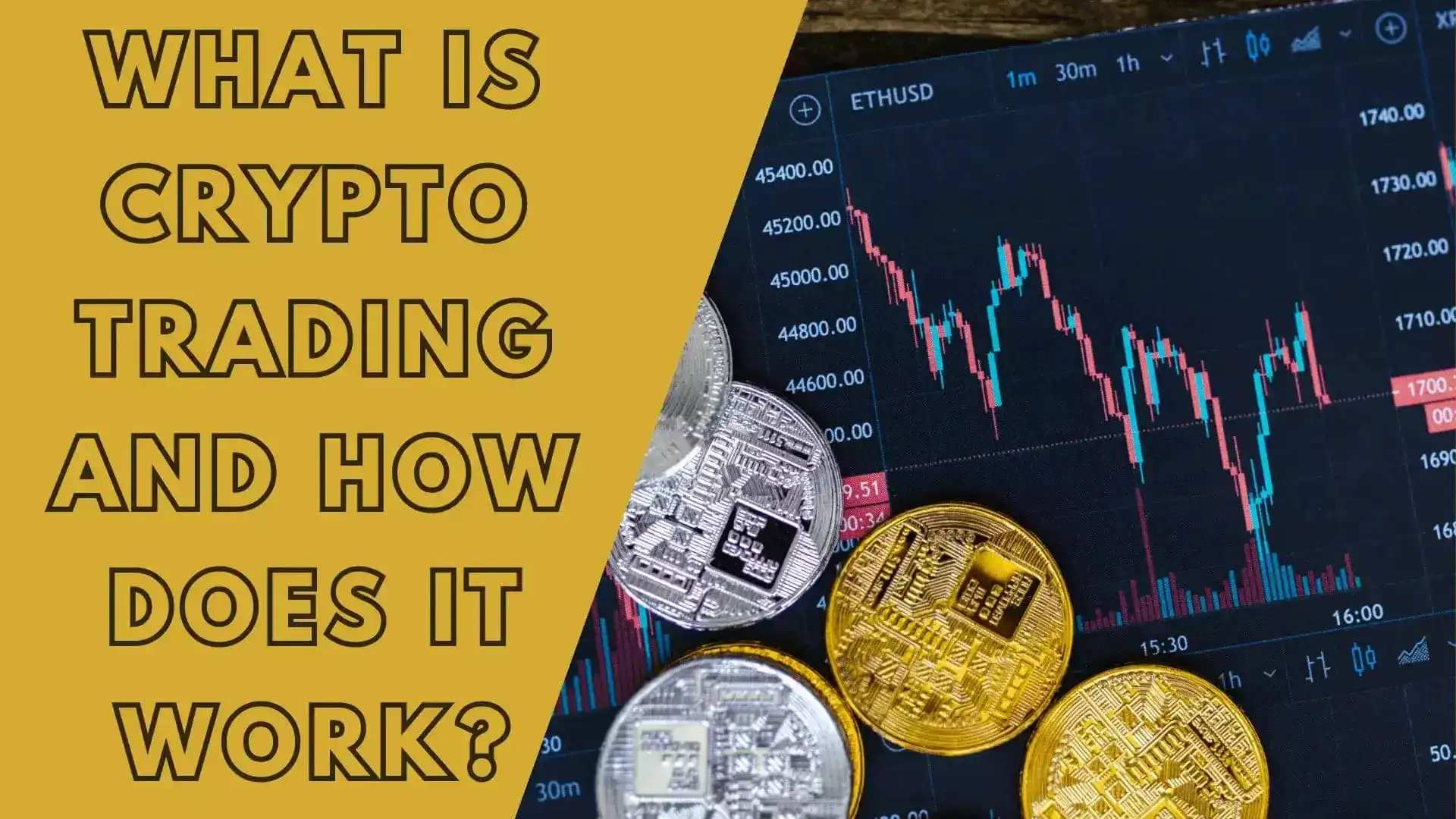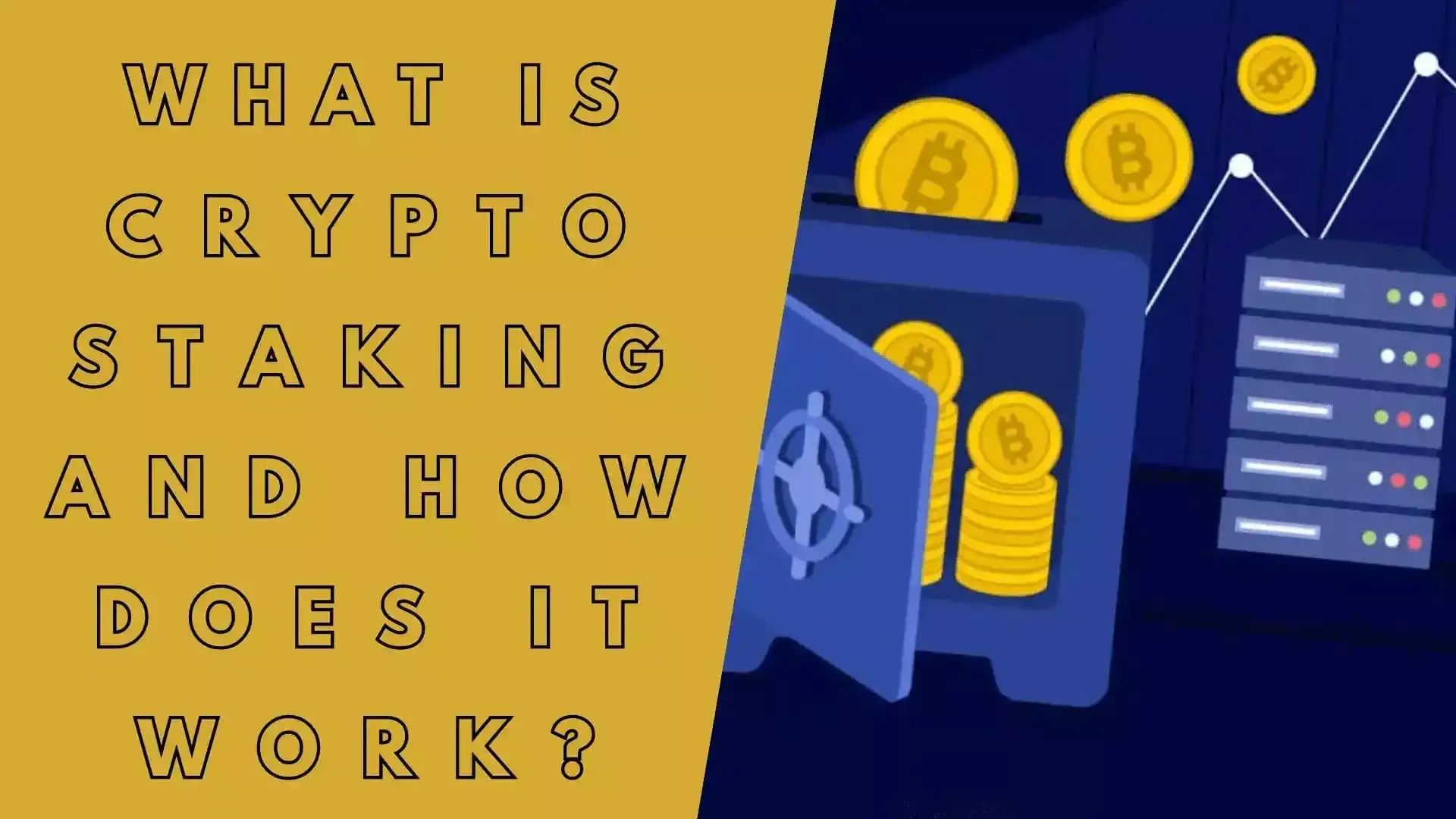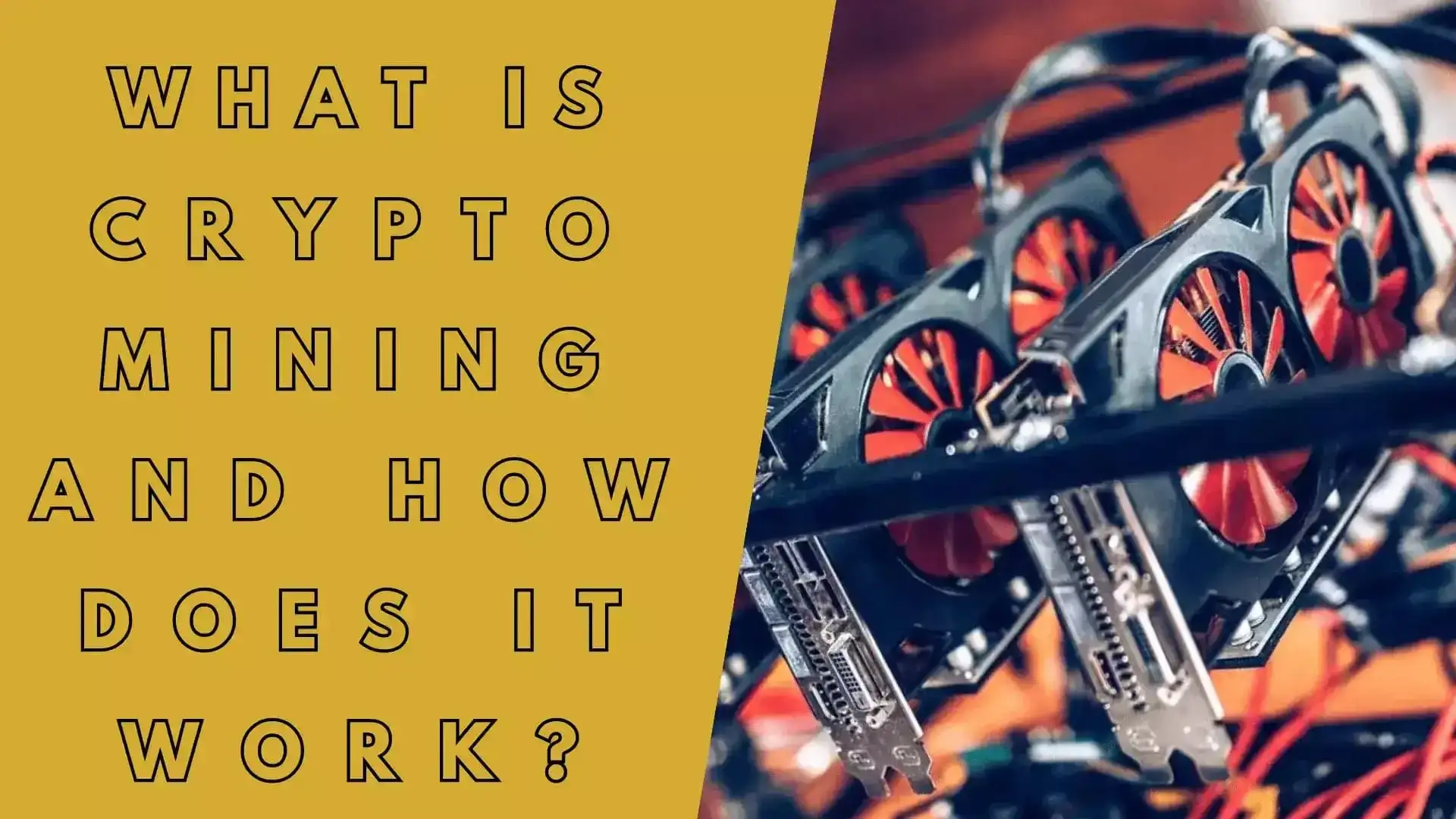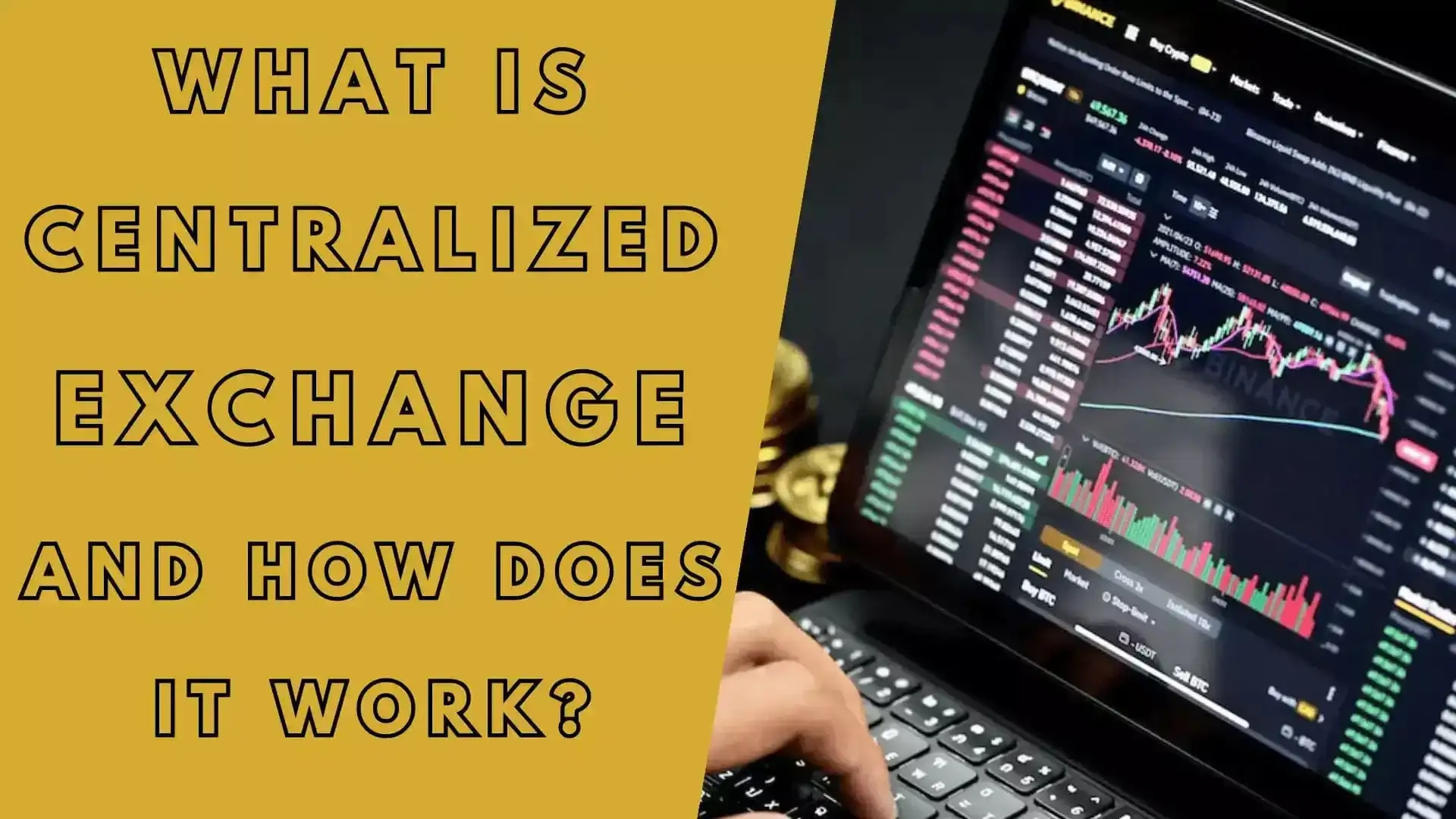What Is Non-Fungible Tokens (NFTs) ?
Non-Fungible Tokens (NFTs) are a type of digital asset that represent ownership or proof of authenticity of a unique item or piece of content, such as artwork, videos, music, collectibles, virtual real estate, and more. Unlike cryptocurrencies like Bitcoin or Ethereum, which are fungible and can be exchanged on a one-to-one basis, NFTs are unique and cannot be exchanged on a like-for-like basis.
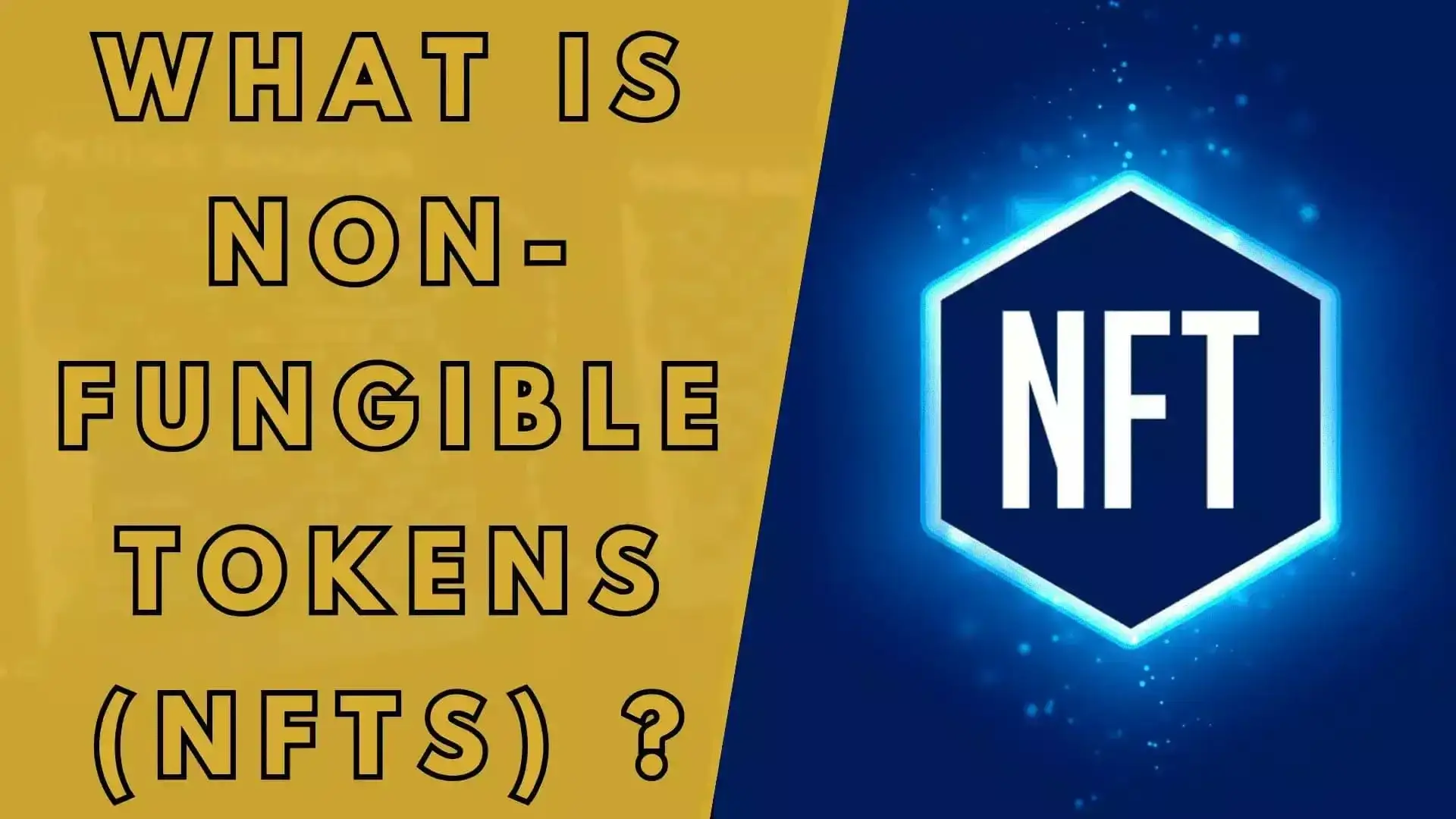
Posted on 13 Sep 2023
Here are some key features of NFTs:
- Unique and Indivisible: Each NFT has a distinct value and identity. They cannot be replicated, divided, or merged into smaller units.
- Ownership and Authenticity: NFTs are stored on blockchain networks, typically built on Ethereum, which provide a decentralized and immutable ledger. This ensures that the ownership and transaction history of each NFT can be easily verified and authenticated.
- Scarcity and Rarity: NFTs can have limited supply, making them scarce and valuable. This scarcity is often one of the factors driving their market demand and high prices.
- Interoperability: While most NFTs are built on the Ethereum blockchain, they can be bought, sold, and traded across different marketplaces and platforms . This interoperability allows for a broader ecosystem and liquidity.
- Smart Contracts: NFTs are often created and managed via smart contracts, which are self-executing scripts on the blockchain. Smart contracts enable creators to set specific conditions for their NFTs, such as royalties or permissions for future sales.
NFTs have gained significant attention and popularity in recent years, particularly in the art and collectibles space. They provide artists and creators with new opportunities to monetize their digital creations, bypass intermediaries, and engage directly with their audience. However, the NFT market is still evolving, and there are ongoing discussions and debates about sustainability, ownership rights, and potential bubbles within the market.
It's important to note that while NFTs can be bought and sold, they do not necessarily grant copyright or intellectual property rights to the underlying content. Ownership of an NFT does not equate to ownership of the copyright or exclusive rights to the associated digital asset.
Overall, NFTs represent a new form of digital ownership and provide a unique way to buy, sell, and collect digital assets in a decentralized and transparent manner.
